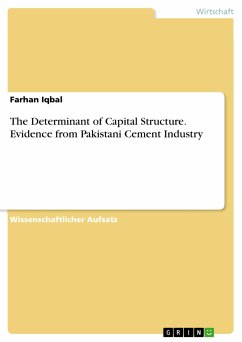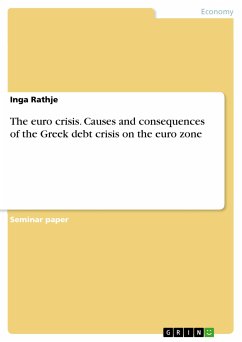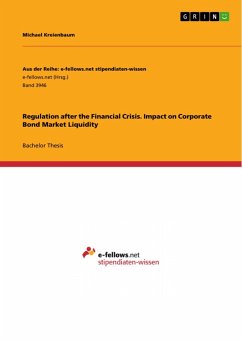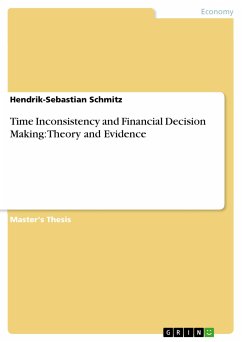Bachelor Thesis from the year 2015 in the subject Business economics - Investment and Finance, grade: 1,3, Leuphana Universität Lüneburg (Institut für Bank-, Finanz- und Rechnungswesen (IBFR)), course: Bachelorkolloquium, language: English, abstract: The present thesis tries to figure out, if the Working Capital Management of German companies is reactive to changing interest rates for their refunding or if it is really a pro-active improvement since the beginning of the 2000s as claimed by the literature. After a theoretical definition of Working Capital, its functions, goals and its relationship to the management process, Working Capital will be set into a context of company crises to lead to the central object of investigation, the Global Financial Crisis. With a quantitative analysis via DataStream of the companies currently listed in the DAX, MDAX and SDAX (N=130) it will be examined, if the credit crunch for companies in the Global Financial Crisis and the easy refunding possibilities afterwards due to the easy money policy of the European Central Bank had effects on the quality of the Working Capital Management. The analysis of the data via SPSS will show, that the possibilities of refunding indeed influence this quality, whereby the intensity of the reactionary behaviour of the companies depends mainly on the object of cognition, which is in this thesis examined by the parameters size, age and industry sectors, so that the results could serve as a basis for further management research.









